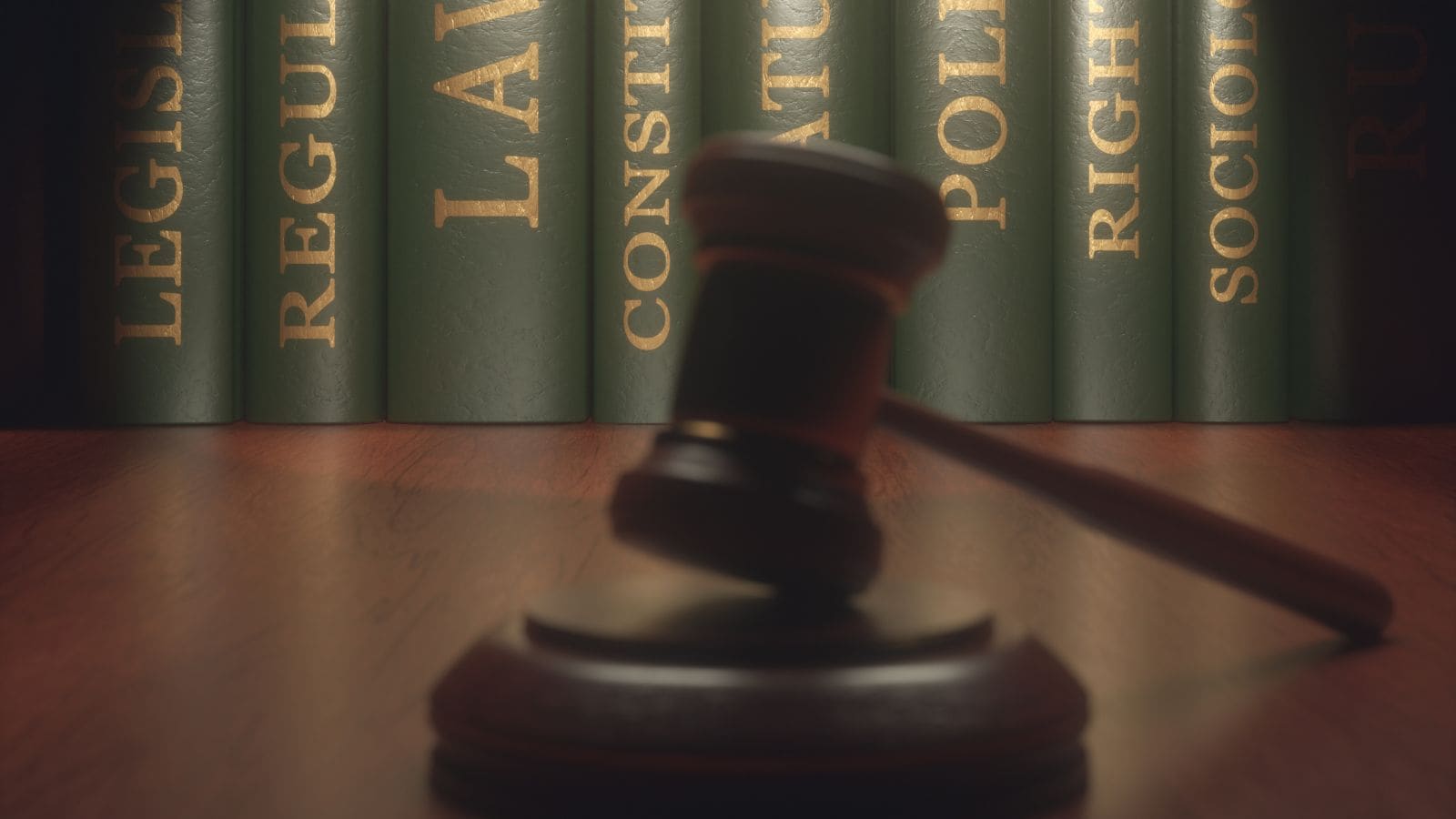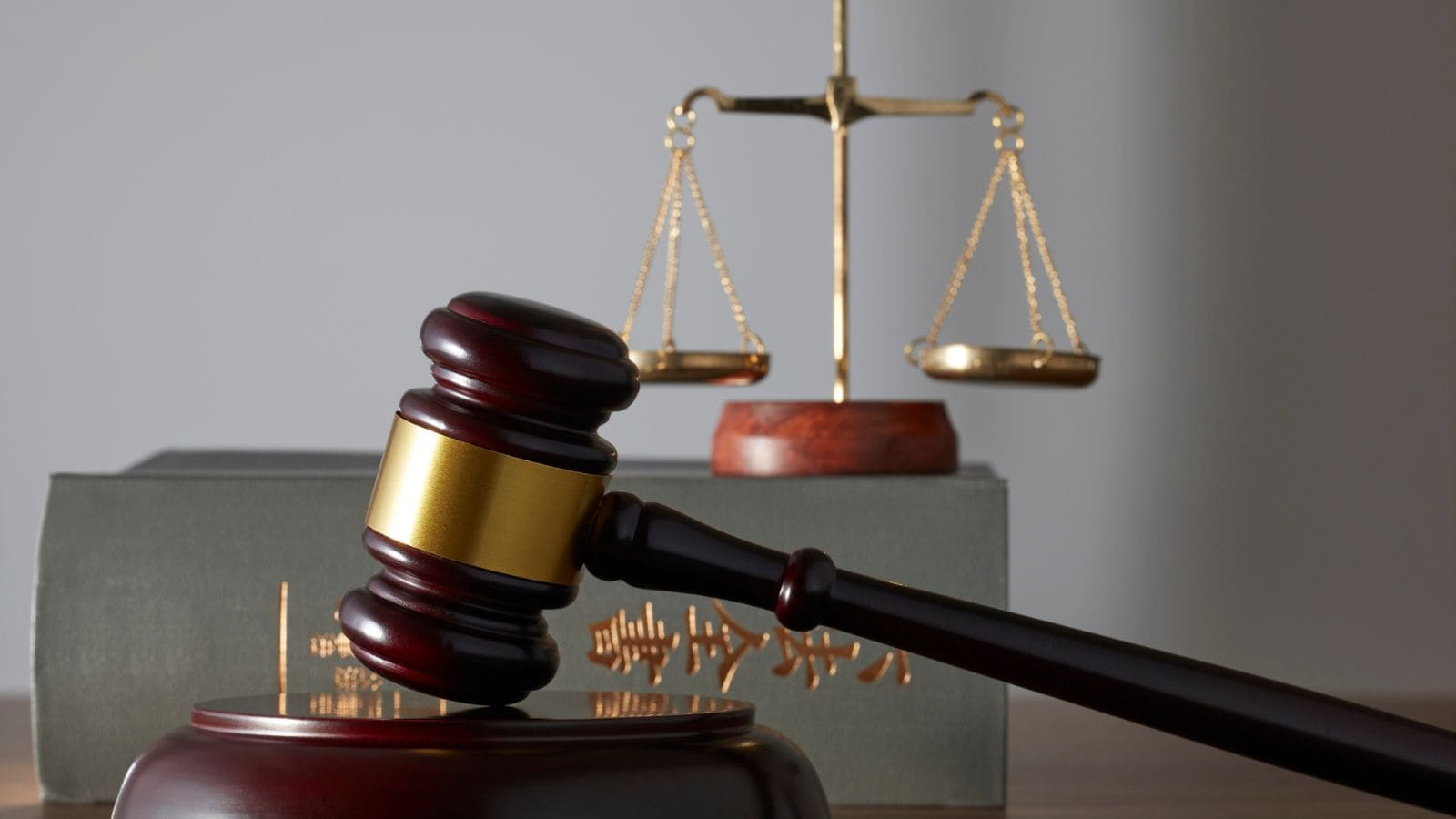In case of an unfair will, one must understand that unfairness alone is not a legal ground. Experts states, each individual is free to dispose of owned property in a manner they desire. Whether such dispositions are unfair may not be relevant, as India recognises testamentary freedom. (Image: Canva)

However, in case the will appears suspicious, it is important to act promptly and gather evidence to substantiate claims and consult a legal professional to assess the way forward. (Image: Canva)

Reportedly, a will can be challenged on grounds of lacking formal validity, executed in suspicious circumstances, lack of testamentary capacity, fraud or undue influence or coercion, preventing the testator from exercising free will. (Image: Canva)

In order to prove pressure, fraud or lack of mental clarity, courts need clear evidence before striking down a will. As per Section 59 of the Indian Succession Act, only a person of ‘sound mind’ is recognised as capable of making a will. (Image: Canva)

To prove lack of testamentary capacity or undue influence, evidence like medical records, witness testimonies about the testator’s mental state is needed to be presented before the court. (Image: Canva)

Notably, a testator has the right to distribute their self-acquired property as they wish, even if it means excluding their next-in-line or Class I heirs from their estates. (Image: Canva)

Additionally, registration is entirely optional and does not validate a will. As per experts, an unregistered will carries the same legal force as a registered one, provided it meets the essential requirement of law. (Image: Canva)

If a will collapses in court, the law steps in eventually. A will can only be challenged for strong legal reasons. (Image: Canva)

